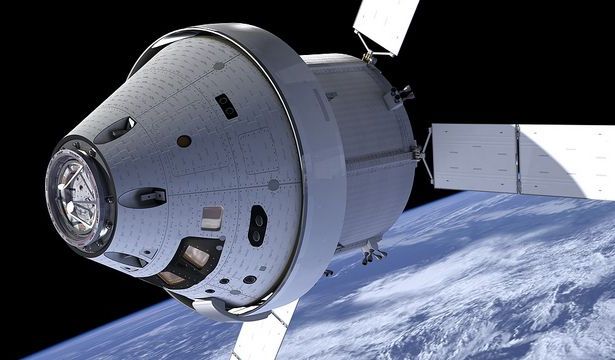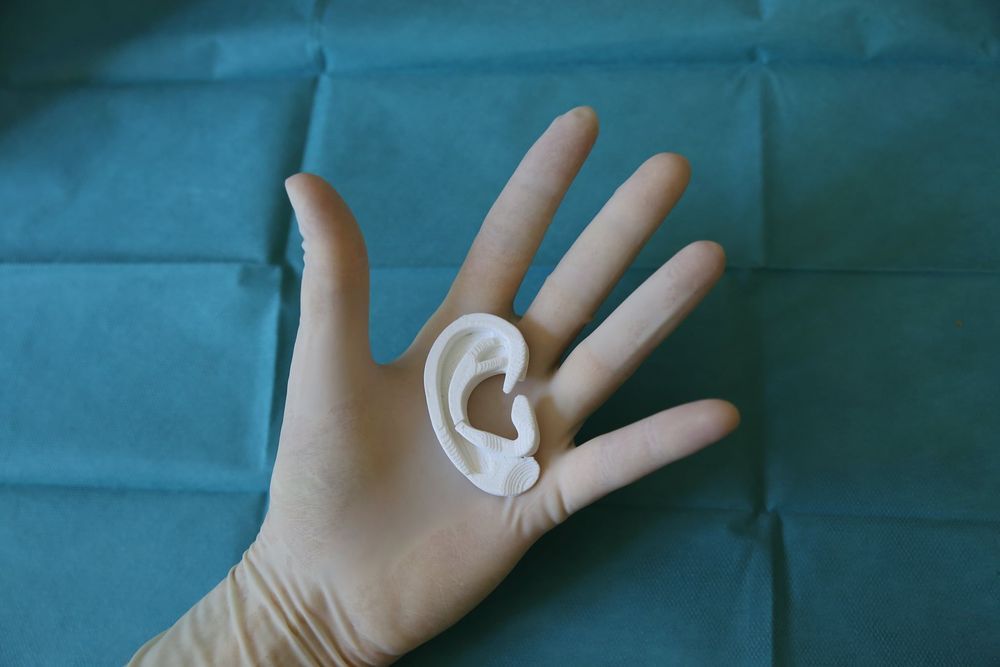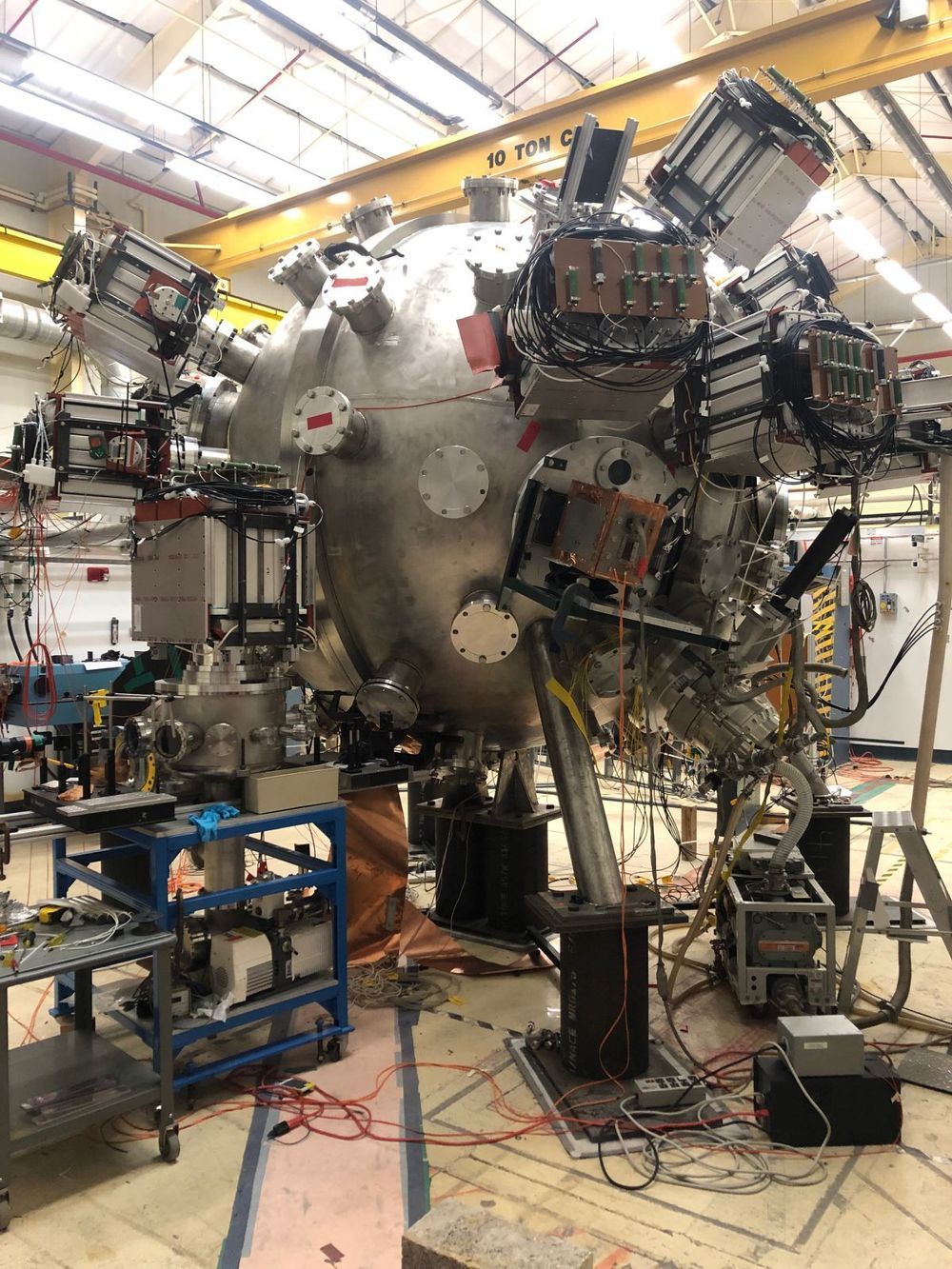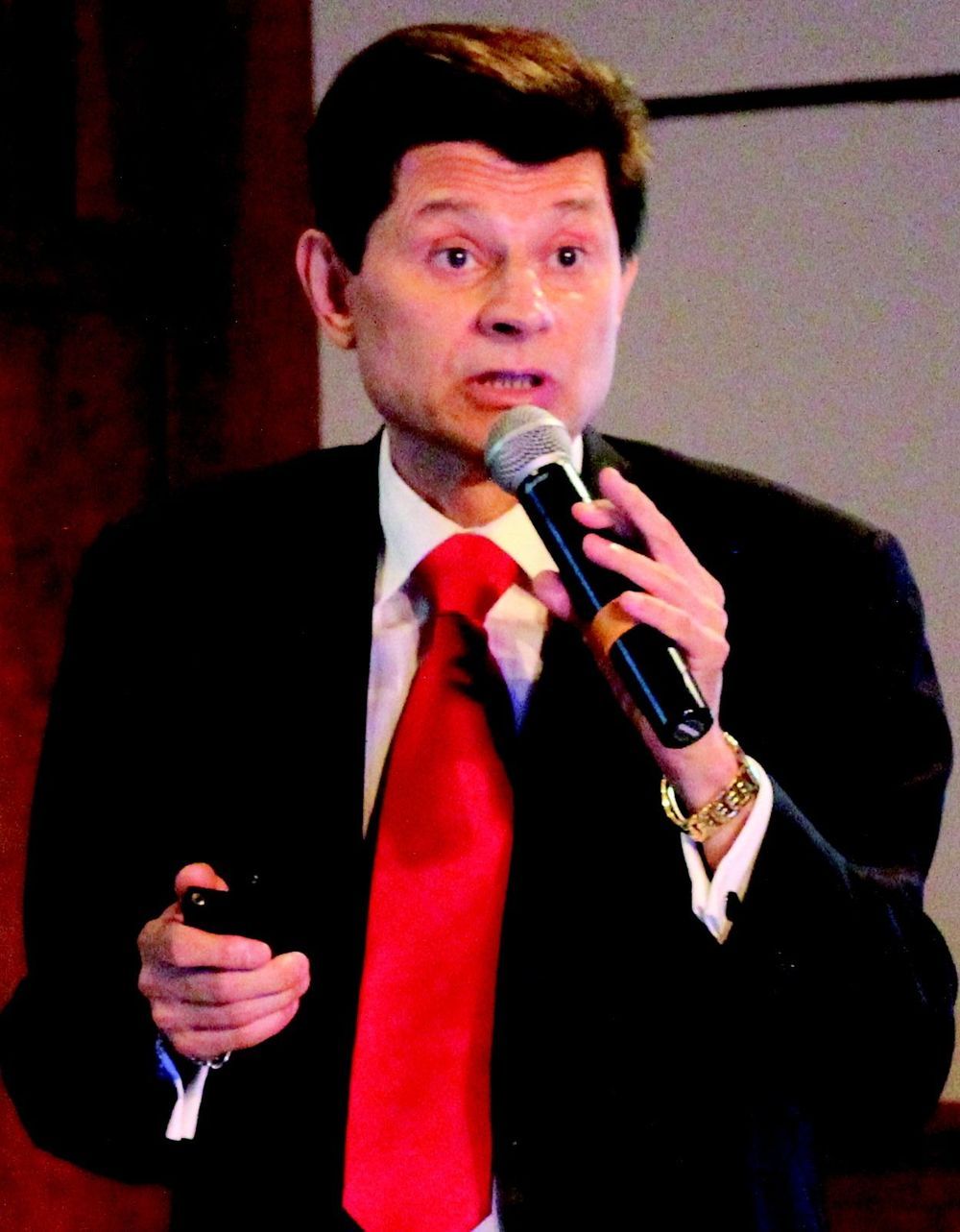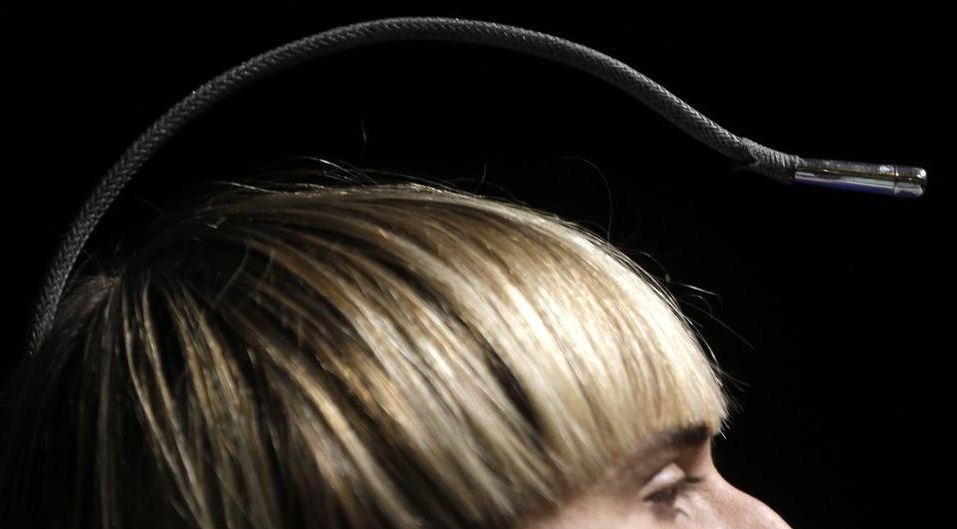In sala operatoria oltre ai chirurghi c’erano alcuni ingegneri. Il paziente, un ragazzino di 13 anni, ha un grave problema congenito, la microtia, che comporta il mancato sviluppo dell’orecchio esterno (colpisce 5 bambini su 10mila). Grazie alla stampa 3D i medici dell’ospedale pediatrico Meyer di Firenze gli hanno ricostruito l’orecchio da zero. Sei ore di operazione, partita da una Tac con cui è stata acquisita l’esatta forma delle cartilagini. Poi, grazie a un software, è stata realizzata una copia delle cartilagini: dal modello è stato possibile vedere la porzione di cartilagini da prelevare. Per essere più precisi sulla forma, cercando di ottenere un risultato il più naturale possibile, è stato usato come modello un orecchio della mamma del ragazzino.
Una volta in sala operatoria la copia è stata fondamentale per plasmare le cartilagini ottenendo un orecchio “normale”. L’intervento è stato simulato più volte dal team dell’ospedale pediatrico fiorentino. Questo, come spiega lo staff del Meyer, ha consentito di affinare la tecnica arrivando a un risultato di grandissima precisione, riducendo anche tempi di esecuzione e anestesia. Il bambino tra qualche mese verrà sottoposto a un secondo intervento per ricostruire con la stessa tecnica anche il secondo orecchio.
“Per un bambino con una malformazione che era così evidente, il recupero estetico acquista una grande valenza psicologica e sociale – spiega il capo dell’equipe chirurgica Flavio Facchini, specialista in chirurgia plastica e ricostruttiva -. Lui non aveva problemi di udito, ma la malformazione gli creava grande disagio”.


